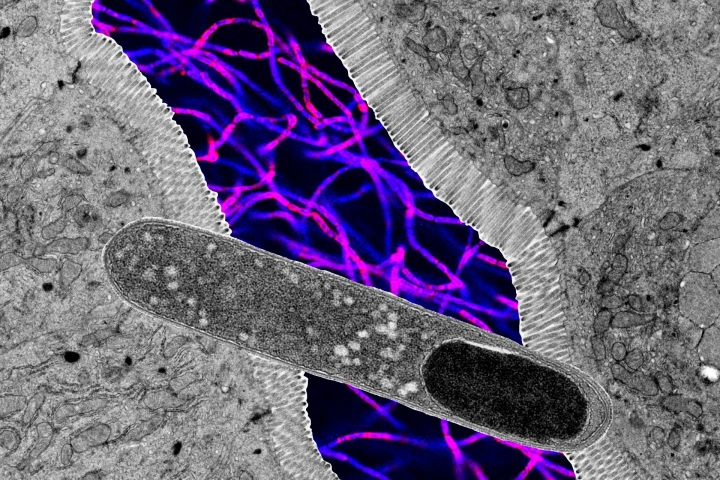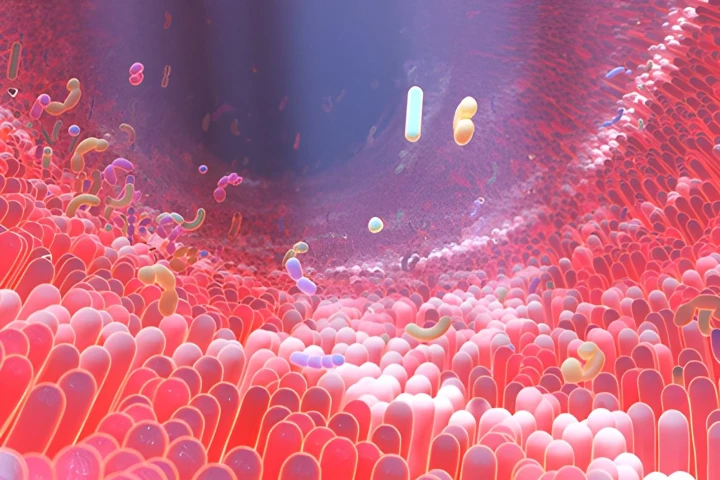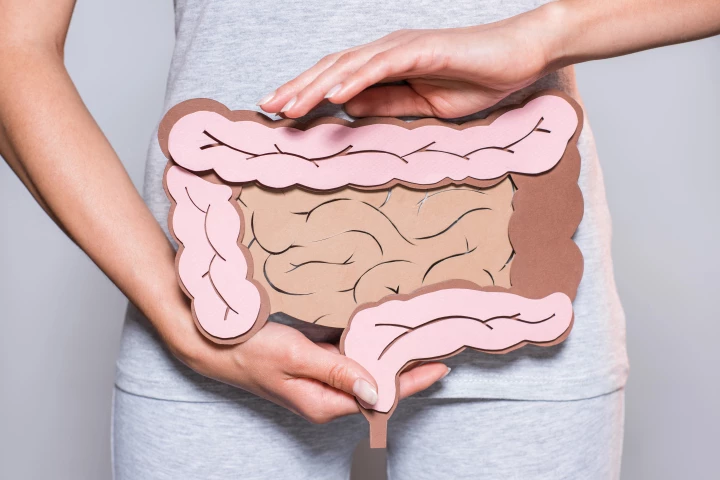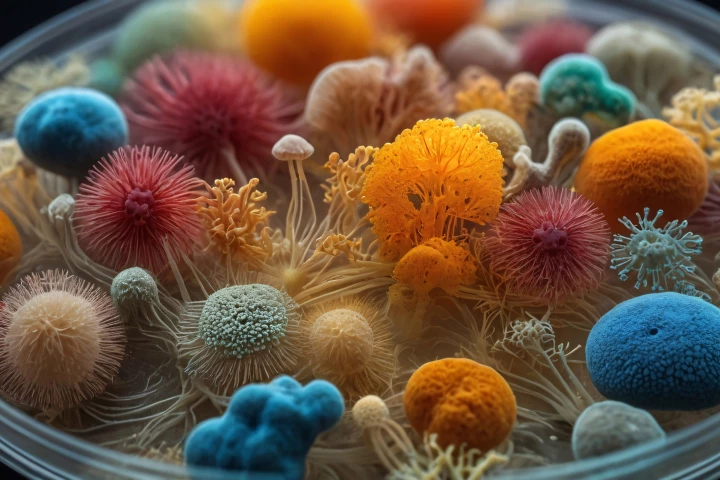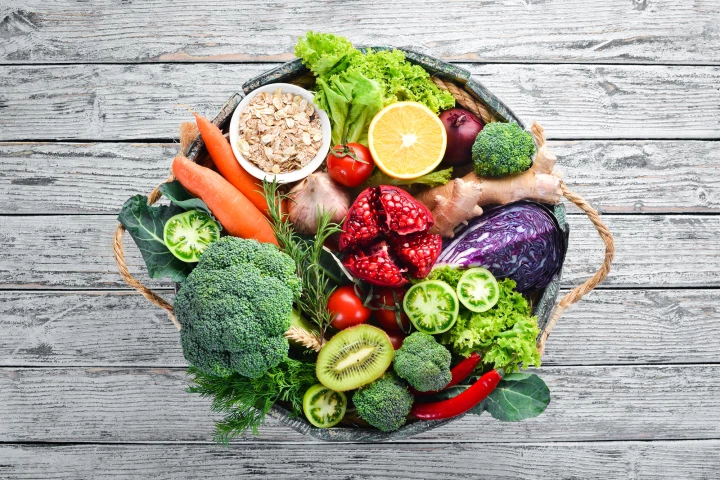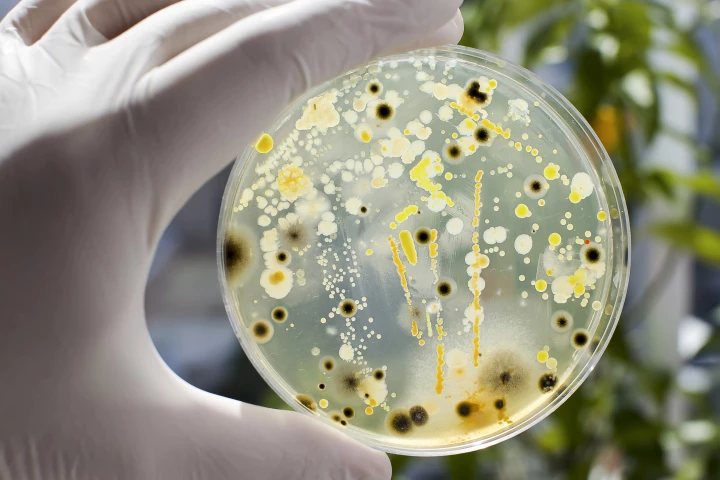Microbiome
-
Researchers have homed in on a single gut microbe that acts to prevent fat gain, even with a high-fat diet. The discovery adds to the booming science of finding ways to enlist the microbes that already live in our bodies to help us improve our health.
-
A bacterium from the gut of Japanese tree frogs has "exhibited remarkably potent" tumor-killing abilities when administered intravenously, outperforming current standard therapies and paving the way for an entirely new approach to treating cancer.
-
Adding to the growing body of research that proves our microbiome is a powerful ally in fighting disease, scientists have found that an easy-to-get nutrient in our food causes our guts to produce powerful insulin-regulating compounds.
-
You may be sitting on – so to speak – a very valuable asset that scientists would love to get their hands on: your poop. As well as blood, plasma and organs, you can now donate fecal samples to stool banks for research and use in transplants.
-
Researchers have demonstrated how a secret weapon made in the gut, produced by consuming pomegranate and walnuts, can rejuvenate the immune system in middle age, shielding us from cell damage, inflammation and chronic diseases including cancer.
-
An antibiotic primarily used in veterinary medicine was found to turn the gut into a factory that pumps out life-extending compounds. The finding could change the way we think about the development of longevity drugs.
-
Scientists found that nearly every cancer harbors its own distinct community of microbes – tiny passengers that can influence how tumors start, spread, and respond to treatment, paving the way for a new era of precision medicine.
-
A novel treatment for irritable bowel syndrome (IBS) is on the horizon, with the discovery that two specific gut microbes produce serotonin that protects against inflammation and damage.
-
In a groundbreaking study, scientists have cultivated and then awoken more than 100 new viruses found within different human gut microbes, providing a remarkable look at our bacteria and forms the very first living model of the "gut virome."
-
For the first time, scientists have used innovative tech to demonstrated that a healthy microbiome needs a consistent flow of the right foods, finally proving that the "hunch" advice of 5 A Day is spot on, as far as your gut bugs are concerned.
-
A high-fat, low-carb ketogenic diet may protect the brain from early Alzheimer’s disease changes in people genetically at risk, new research suggests, by rebalancing gut bacteria and restoring brain energy metabolism.
-
For the first time, scientists have identified 27 bacteria and fungi in our mouth that contribute to pancreatic cancer. Collectively, carrying all of these “bad” microbes increases cancer risk by 250% – 3.5 times higher than in the general population.
Load More
